What’s Behind the Resurgence in Piracy Off Somalia’s Coast
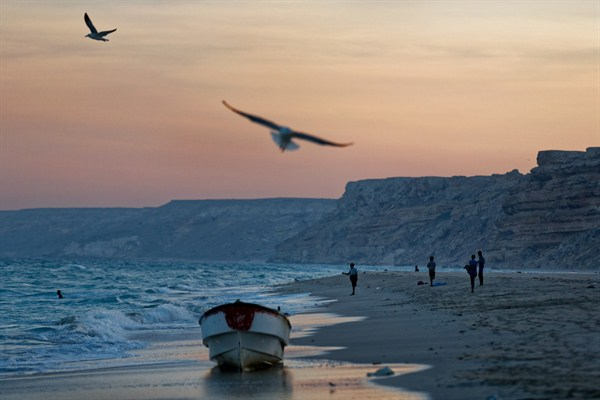
After a steep reduction, piracy seems to be on the rise again off the coast of Somalia, with “five or six” incidents occurring in the past two months, according to U.S. military officials.

After a steep reduction, piracy seems to be on the rise again off the coast of Somalia, with “five or six” incidents occurring in the past two months, according to U.S. military officials.
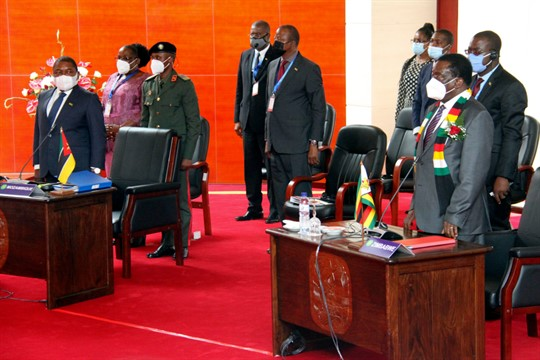
On March 24, Ansar al-Sunna, a militant group linked to the Islamic State, launched a bloody attack on the coastal town of Palma, in northern Mozambique’s Cabo Delgado province, leaving at least 61 dead and scores more unaccounted for. The assault, which lasted more than a week and took place near a major liquefied natural gas plant under construction by the French energy giant Total, made global headlines and shined a spotlight on a fast-growing insurgency.
The attack in the capital, for which the terrorist group Al Shabab claimed responsibility, comes as the Horn of Africa nation begins a crucial election season.
At least 10 people were killed and dozens injured in a suicide explosion in the Somali capital, Mogadishu, on Friday evening, the authorities said, the second such attack to rock the city in weeks as the country enters a crucial election season.
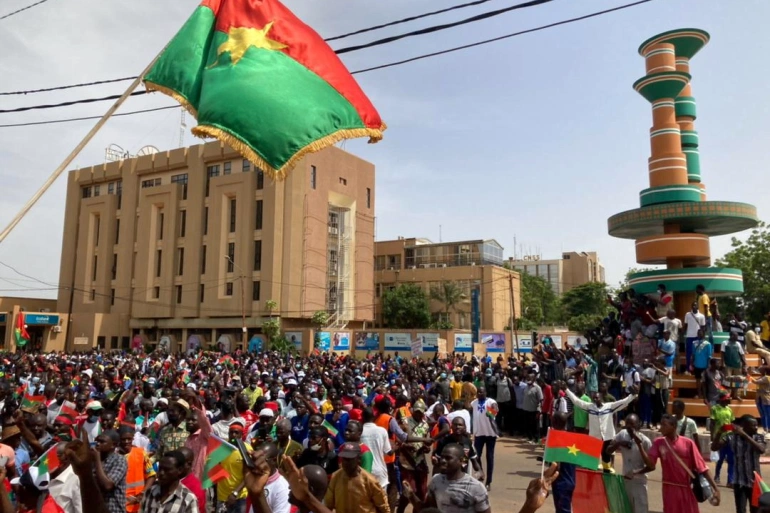
The landlocked West African country has seen several deadly attacks by armed groups linked to al-Qaeda and ISIL.
Thousands of people have taken to the streets of Burkina Faso, demanding a stronger response to rising bloodshed after a massacre last month killed more than 130 people.
Acting UN aid chief Ramesh Rajasingham says humanitarian situation in conflict-hit northern Ethiopian region has ‘worsened dramatically’ in recent weeks.
More than 400,000 people in Ethiopia’s Tigray are now suffering famine and 1.8 million others are on the brink, a top United Nations official has said, painting a devastating picture of an embattled region where humanitarian access is extremely restricted.
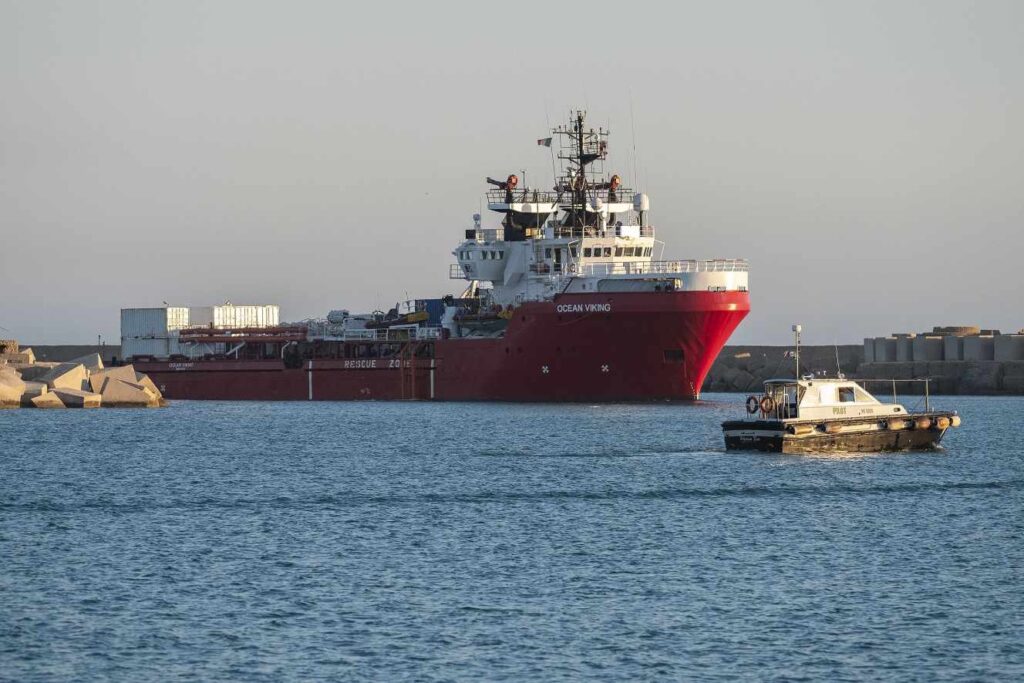
Les gardes-côtes tunisiens ont repêché leurs corps au large du port de Sfax, dans le centre de la Tunisie. Ces migrants, originaires d’Afrique subsaharienne, tentaient de rallier l’Europe.
Vingt et un cadavres de migrants ont été repêchés, dimanche, par la garde maritime tunisienne après le naufrage de leur embarcation, a annoncé, lundi 5 juillet, la garde nationale (gendarmerie). Partis de Sfax, dans le centre de la Tunisie, ces migrants étaient tous originaires d’Afrique subsaharienne et tentaient de rallier clandestinement l’Europe. Cinquante personnes ont pu être secourues, selon la même source.
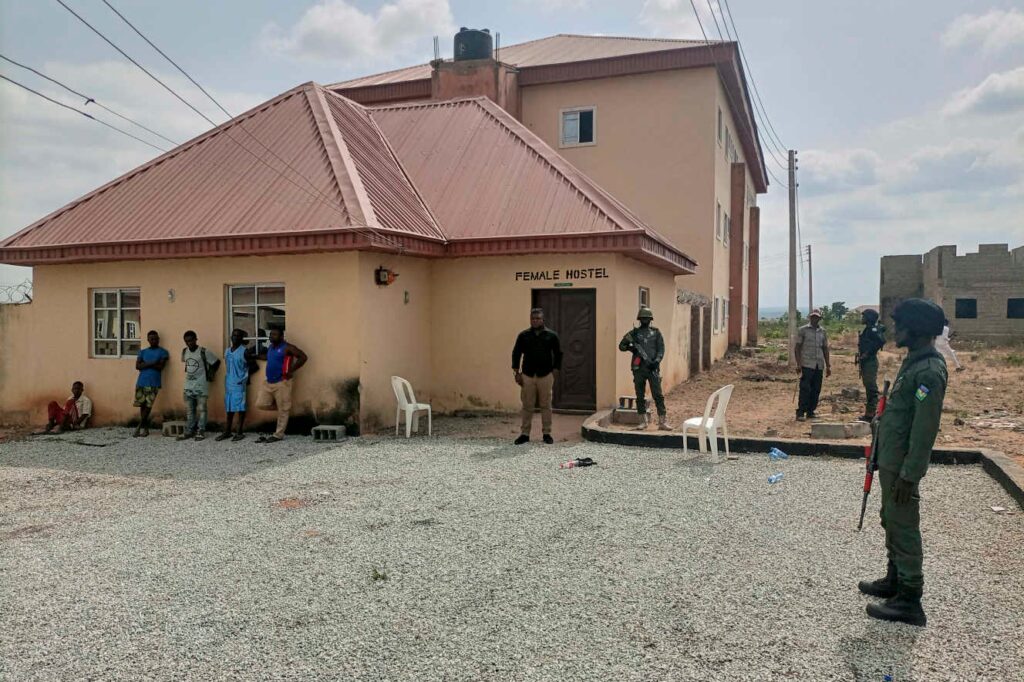
Un pensionnat de l’Etat de Kaduna, dans le nord-ouest du pays, a été attaqué dans la nuit de dimanche à lundi.
Des hommes armés ont attaqué dans la nuit de dimanche 4 à lundi 5 juillet un pensionnat de l’Etat de Kaduna, dans le nord-ouest du Nigeria, kidnappant 140 lycéens, vraisemblablement pour les échanger contre une rançon, a déclaré un responsable de l’établissement.
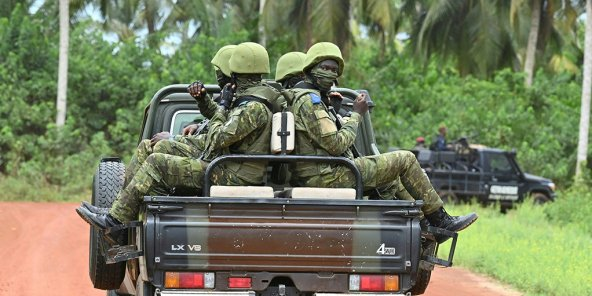
Les services de renseignement ivoiriens ont progressé dans leurs enquêtes sur les attaques terroristes ayant visé les bases de Kafolo et de Doropo.
On ne peut pas rester dans un camp militaire ou dans une brigade de gendarmerie bien barricadé de nos jours et espérer combattre le terrorisme. Il faut utiliser les mêmes méthodes que les terroristes, c’est à dire les attaquer en allant à l’offensive. C’est une guerre asymétrique. En 2010, j’ai suivi l’armée mauritanienne dans la forêt du Wagadou.
Nous avions mangé pendant deux jours de l’arachide. Il faut s’adapter au terrain c’est tout. La même année un colonel de l’armée malienne le colonel Gaston m’a permis de voir ses troupes en action contre les Jihadistes dans la forêt du Wagadou côté malien. Admirable. Hélas ça n’a pas continué.
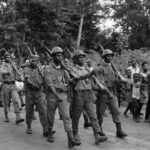
On June 9, following a closed-door meeting, the Northern Elders Forum (NEF) issued a public statement that the Igbo-dominated southeast should be allowed to secede from the Federal Republic of Nigeria if it was necessary to avoid a civil war. NEF spokesman Hakeem Baba-Ahmed said “the Forum has arrived at the difficult conclusion that if support for secession among the Igbo is as widespread as it is being made to look, and Igbo leadership appears to be in support of it, then the country should be advised not to stand in the way.” His statement continued that secession was not in the best interest of the Igbos or of Nigerians. Rather, all should work to rebuild Nigeria. But, blocking secession “will not help a country already burdened with failures on its knees to fight another war to keep the Igbo in Nigeria.” The statement also suggested that northerners subject to harassment in the southeast should return to the north. There was no reference to secessionist sentiment in Yorubaland, in southwest Nigeria, to which former President Olusegun Obasanjo has referred. The former president said that Yoruba secession, too, would be unwise, but that maintaining unity should not come “at any cost.”